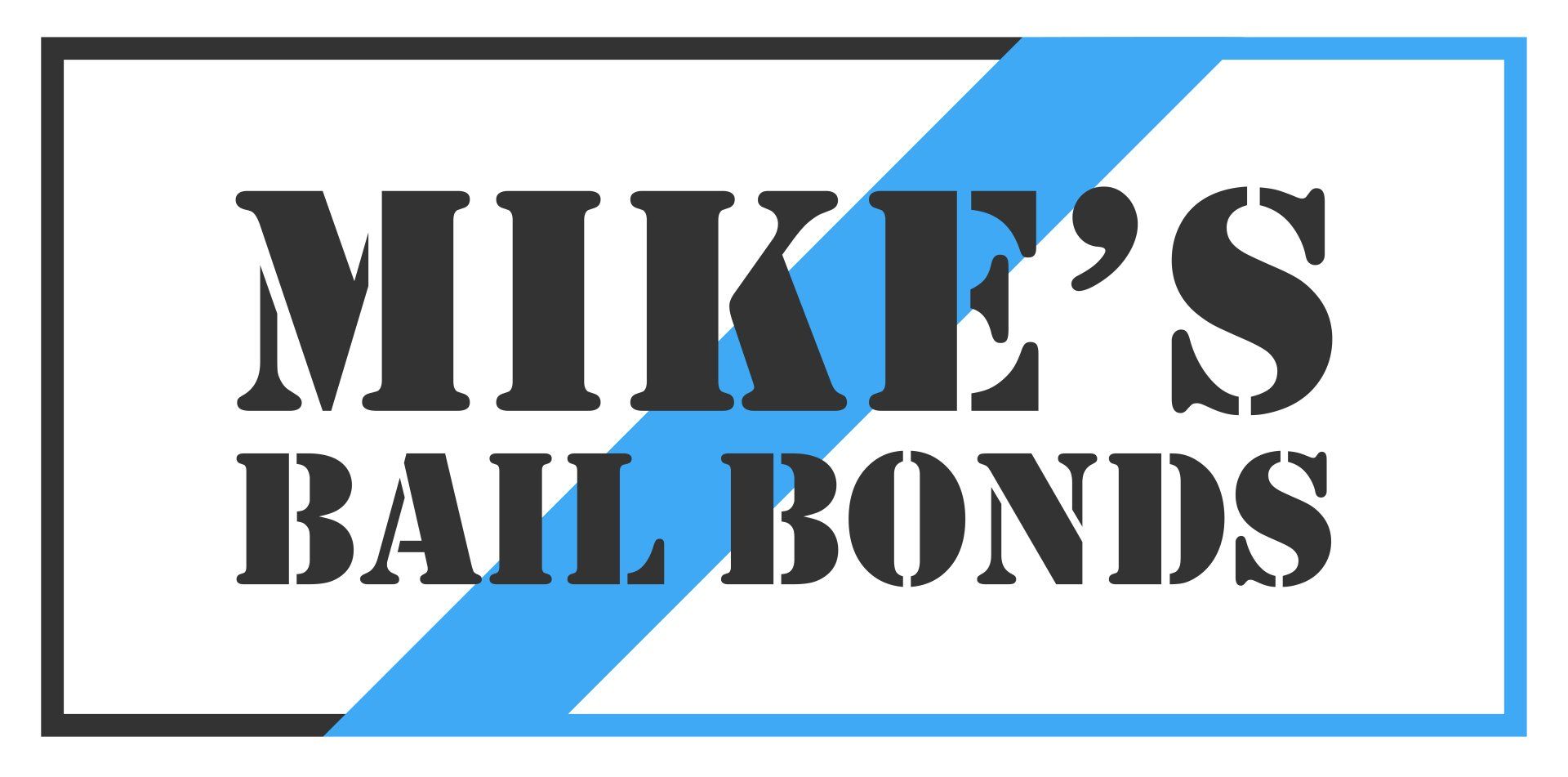felony bail bonds
Contact Us Today
For more information or to contact us now, call us at (860) 855-6453 or click the button below to contact us online.
Trusted Felony Charge Bail Bonds Services
Bail Bonds for Felonies in Middletown, CT
Most people are aware that felonies are considered to be serious crimes, but they are unfamiliar with the further classifications of felonies and what these charges can mean when it comes to bail. If you’re looking to get a bail bond for a loved one who has been charged with a felony, you probably have a lot of questions about what their charges mean and how you can help them. Mike’s Bail Bonds has the answers you’re looking for and is ready to help with your bail bond needs.
How Is a Felony Bail Bond Determined?
Most crimes in Connecticut have bail set by a bail schedule, which lists a certain amount based on the type of crime committed. Felonies, however, are typically not set using a bail schedule, and the amount of bail can always change based on the charges and the situation. In some cases, the judge may decide not to set bail at all. Bail for felonies will vary based on:
Can a Felony Bail Bond Be Denied?
In some cases, a judge may choose to deny bail for a felony charge, meaning the defendant must remain in jail until their trial. Bail is typically denied when the crime is extremely serious, such as murder or violent assault, or if the defendant is considered a flight risk or a danger to the community. Additionally, if the defendant has a history of missing court dates or is already on probation or parole, the judge may decide that releasing them on bail is too risky. If bail is denied, a defense attorney can sometimes request a bail hearing to argue for a possible release under specific conditions.
Frequently Asked Questions About Felony Bail Bonds
Felony charges are typically severe and complicated, meaning that they can prompt a lot of questions. Learn a little more about these types of charges and bail bonds with our FAQs below.
What are the differences between different felony classifications?
Felonies are classified using the letters A-D, with class A felonies being used for the most severe and violent crimes and class D being used for lesser crimes. Here are just some examples of felonies of the different classes:
For more information on what falls under the different classes of felonies, consult the Connecticut Penal Code. The most severe felonies, which involve murder with special circumstances, can also be classified as a “Capital A Felony,” which results in a sentence of life without possibility of release.
How much is bail for a felony in CT?
In Connecticut, the bail amount for felony charges can vary widely, often ranging from several thousand to tens of thousands of dollars for less severe felonies, and escalating to hundreds of thousands for more serious or violent crimes. Judges determine the specific bail amounts based on the severity of the felony, the defendant’s criminal history, their risk of flight, and potential danger to the community. It's advisable for those facing felony charges to seek legal counsel to navigate the bail process and explore potential options for reduction or conditional release.
What is the felony bail bonds process?
Securing a bail bond for a loved one who has been charged with a felony does not need to be a stressful process with the team at Mike’s Bail Bonds. If you’re unfamiliar with how bail bonds work, don’t worry- the process is similar for all different types of bonds. The first step will be providing the bail bond company with some simple information, such as the name and charges against the defendant, where they are being held, and the amount of their bail bond. Next, the bail bondsman will have you fill out and sign some important paperwork which includes documents like the cosigner agreement and payment information, being sure you understand what all of this means. Finally, the bail bonds agent will file the necessary paperwork with the court, and will have your loved one released to you when the paperwork is processed. The defendant can then await their court date at home instead of behind bars.
What happens if the defendant violates the terms of their release?
When a defendant is released on bail or bond to await their trial, they can expect the terms of their release to include a number of conditions. These conditions can include things such as appearing for all court dates, not committing any crimes of any degree while awaiting trial, staying within a certain area/not leaving the state until trial, following any protective orders/restraining orders, etc. When the terms of release are violated, the defendant can face penalties, including more restrictive terms or even a warrant for their arrest, which will mean they will be returned to jail. All violations of release conditions can be used as evidence at trial as to whether or not the defendant is capable of rehabilitation and can play a factor in final sentencing. This is why it’s crucial to understand the terms/conditions of release at the time of release.
Mike’s Bail Bonds Knows What You Need
When you’re looking for a bail bond for a loved one, the terminology and requirements can be confusing. Let the professional and friendly team at Mike’s Bail Bonds help you cut through the fog and get to the nitty-gritty of what you need to get the bail bond processed.
Call our experts 24/7 to answer your questions and receive service from licensed and experienced professionals.
For more information on felony bail bonds or to contact us now, call us at (860) 855-6453 or visit our contact page.
